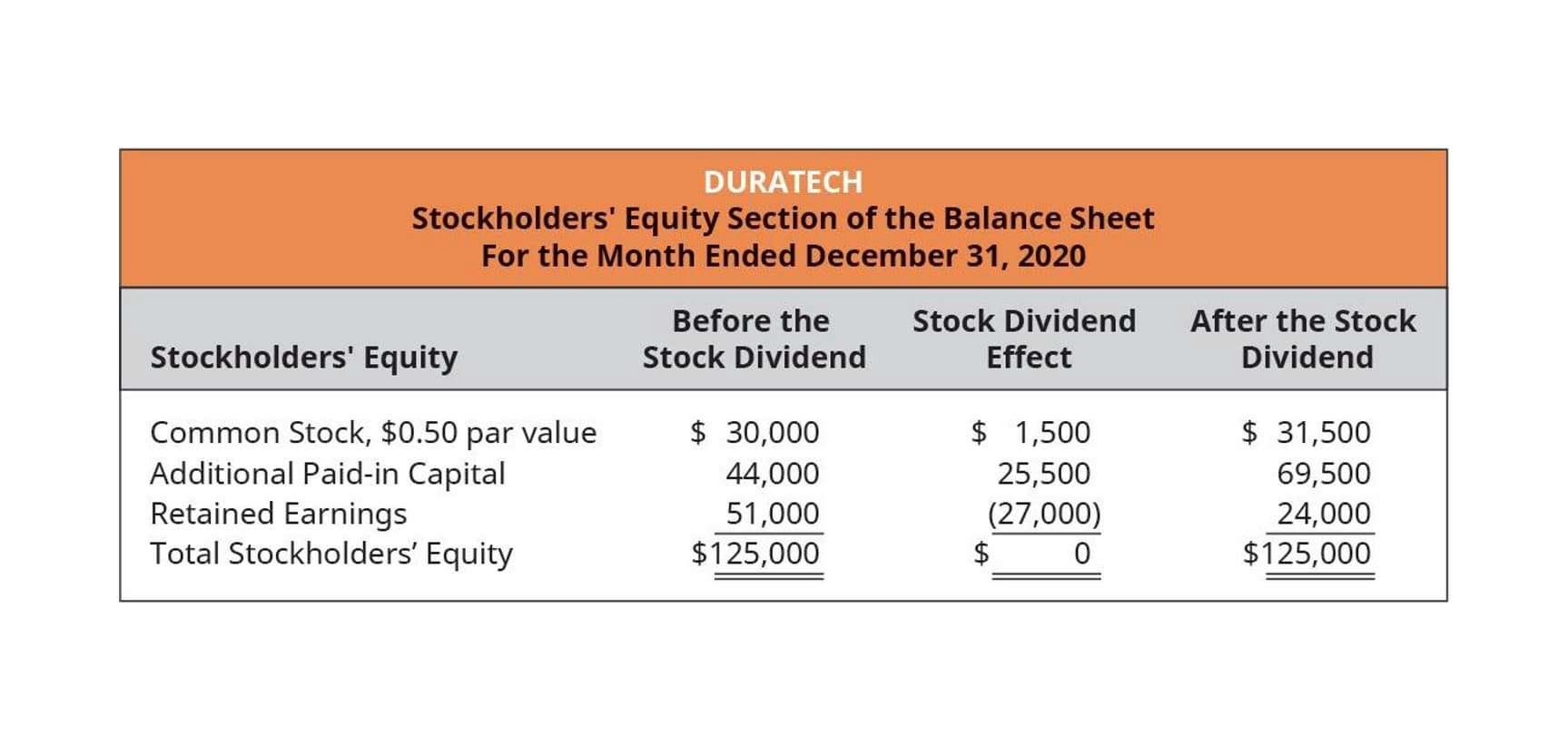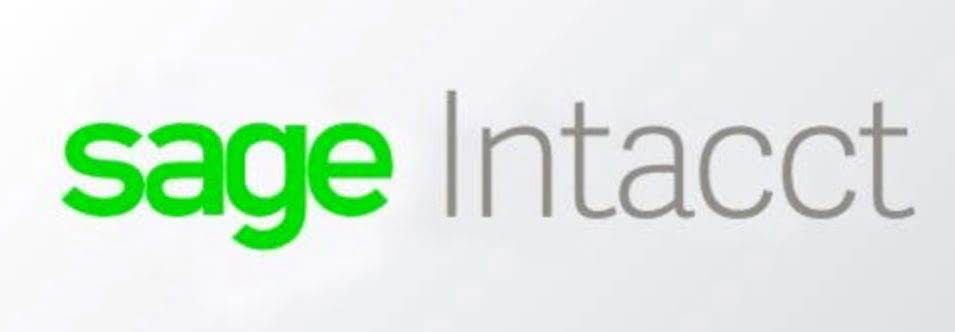
In today’s financial landscape, public skepticism and misinformation can significantly undermine the role of accountants in ensuring financial transparency. Misinformation can stem from various sources, including social media, sensational news reports, and anecdotal experiences that distort the reality of accounting practices. To combat this, accountants must actively engage with the public to clarify their roles and responsibilities in fostering transparency.
- Training programs and open communication channels can empower staff to uphold ethical standards in their financial dealings.
- By providing clear insights into financial performance, accountants enable management to identify risks and opportunities, facilitating strategic planning and resource allocation.
- When stakeholders are informed about financial decisions and outcomes, they are more likely to hold the organization accountable for its actions.
- By adhering to these standards, accountants help build trust with stakeholders, including investors, regulators, and the public.
- By establishing robust systems for financial management, they help organizations mitigate risks and enhance accountability.
- This accessibility empowers citizens to scrutinize government expenditures and hold officials accountable for their financial decisions.
Enhancing Financial Transparency and Accountability

In addition, regular reviews of budgeting and financial planning processes can highlight discrepancies and areas for improvement. This ongoing assessment encourages organizations to adapt and refine their strategies, ensuring they remain aligned income summary with their financial goals. Ultimately, effective budgeting and financial planning serve as the foundation for a transparent financial environment, enabling informed decision-making and sustainable growth. By understanding their income, expenses, and savings, individuals can make informed decisions that align with their long-term objectives. Financial transparency is crucial in personal finance as it fosters accountability and informed decision-making.
A. Improved financial performance
Financial statements often contain intricate details, such as various accounting methods, estimates, and assumptions that can obscure the true financial health of an organization. This complexity can lead to misunderstandings among stakeholders who may struggle to interpret the financial transparency data accurately. Financial transparency in government is essential for fostering trust between citizens and their leaders. When governments openly share financial information, it allows the public to scrutinize how taxpayer money is spent. This transparency not only promotes accountability but also encourages responsible budgeting and expenditure practices.
- Conducting these reviews allows organizations to spot trends and make informed decisions based on accurate financial information.
- Financial transparency is crucial for nonprofit organizations as it helps build trust with donors, demonstrate accountability, ensure ethical practices, and promote effective resource allocation.
- By providing data on the organization’s achievements and outcomes, nonprofits can demonstrate the effectiveness of their programs and build trust with donors.
- By establishing a robust internal control system, accountants contribute to enhanced financial transparency and accountability within an organization.
- This openness not only boosts confidence but also encourages a culture of accountability that permeates the entire organization.
Regular Communication with Stakeholders
- By fostering a knowledgeable workforce, organizations can enhance compliance and reduce the risk of financial mismanagement.
- Moreover, the use of specialized terminology and industry jargon can further complicate the communication of financial information.
- To combat this, accountants must actively engage with the public to clarify their roles and responsibilities in fostering transparency.
- Financial reporting regulations are a set of principles used to regulate the financial statement creation process.
- This inconsistency can lead to gaps in transparency and accountability, undermining stakeholder trust.
- Encouraging employees to voice concerns or report discrepancies without fear of retaliation fosters an environment where accountability is prioritized.
By following ethical guidelines, nonprofits can build trust with donors and stakeholders, demonstrating their commitment to integrity and responsible financial management. Furthermore, well-defined procedures facilitate consistent financial practices across the organization. This consistency not only enhances operational efficiency but also builds trust among stakeholders, including investors, donors, and regulatory bodies.

Furthermore, transparent financial practices can lead to better decision-making and operational efficiency. Moreover, establishing clear expectations and consequences for financial practices can reinforce accountability. Regular training and open communication about Cash Flow Management for Small Businesses financial policies ensure that everyone is on the same page. This proactive approach not only mitigates risks but also empowers employees to make informed decisions that align with the organization’s financial goals.
Government transparency is essential for fostering public trust and accountability, particularly in financial matters. One effective mechanism for promoting transparency is the implementation of open data initiatives, which allow citizens to access government financial information easily. By making data available in user-friendly formats, governments can empower citizens to engage in oversight and hold officials accountable for their financial decisions. When people have access to clear and comprehensive financial data, they can make informed decisions about policies and candidates.
IV. Strategies to Promote Financial Accountability

Public financial management reforms are essential for enhancing financial transparency within government operations. These reforms aim to improve the systems and processes that govern public finance, ensuring that funds are allocated and utilized efficiently. By establishing clear guidelines and accountability measures, governments can foster trust among citizens regarding the use of public resources.
A. Resistance to change within organizations
Financial transparency promotes accountability and oversight, making it more difficult for fraudulent activities to occur. By ensuring that financial practices are open and monitored, organizations can deter unethical behavior. By implementing stringent regulations and promoting open data initiatives, they can ensure that public funds are managed responsibly. A proactive approach by governments will encourage citizens to hold them accountable, fostering a culture of transparency that benefits society as a whole. When stakeholders, including investors, customers, and employees, perceive an organization as transparent, they are more likely to engage positively. Organizations should establish clear policies that dictate what information is shared and how it is safeguarded.
How do accountants ensure compliance with regulatory requirements?
These controls are vital for maintaining the integrity of financial data, which is essential for informed decision-making by management and external parties. Through diligent monitoring and reporting, accountants contribute to a culture of accountability within organizations. Their primary responsibility is to prepare, analyze, and verify financial statements, ensuring that all information is accurate and compliant with established accounting standards. By adhering to these standards, accountants help build trust with stakeholders, including investors, regulators, and the public. Effective financial accountability is crucial for organizations to identify and manage risks that could impact their financial health.






